The Important UN Sustainable Development Goals For Asia’s Recovery
World Environment Day is a reminder that economic recovery plans must not lose focus on sustainability
Asia’s short to medium-term recovery is clearly focused on getting people safely back to work and economies up and running again.
But we must also think about longer-term UN Sustainable Development Goals in COVID-19 recovery plans, and not lose sight of another great threat – environmental risks, and how to ensure sustainability.
The world is different – and we must seize the moment
For the first time, the World Economic Forum’s Global Risks Report this year showed environmental issues dominating risk concerns for the future. Those concerns remain even with the temporary reduction in air pollution and CO2 emissions due to lockdowns around the world. We must find sustainable, innovative solutions to permanently minimize our environmental footprint and improve quality of life.
COVID-19 disruption has changed our world by teaching us how to prepare, how to mobilize and how to change direction quickly.
We have been increasing agility across Asia wherever we can – creating capacity, making network changes, and finding dedicated space for urgent shipments.
But we must go further. Globally, health concerns have kept many people at home and made us reassess everything from the nature of work to consumer behavior. How can we turn this behavioral change into long-term benefits for the environment?
For a start, expect to see wider adoption of remote working – less commuting and more teleconferencing. Such practices don’t just pave the way for a green recovery – they can lead to a broader uptake of more sustainable living. For instance, we’ve already seen more cycle lanes open up in cities around the world, supporting a cleaner environment and healthier societies.
Companies too are looking at risk management from a changed viewpoint, and responding to increasing community desire for more sustainable consumption.
A new way of working on a macro level
We are also witnessing greater collaboration and a unified way of working.
As countries and regions work to maintain business continuity and scale response, what’s impressive is the speed at which institutions, businesses and communities have kept commerce and aid moving in such unprecedented times.
Everywhere, public-private partnerships are accelerating the delivery of critical medical supplies and equipment internationally – with FedEx alone moving more than 4 million masks and 4 million COVID-19 swabs to impacted areas since January.
We’ve crossed a threshold in the role of institutions, businesses and communities – all interacting for the greater good to provide relief. The next step must build on that spirit of collaboration to create and multiply better environmental outcomes and opportunities.
It’s been done before. Korea embraced green growth as a national strategy after the 2008-09 global financial crisis, making big investments in energy efficiency, clean energy, and sustainable transport.
Likewise, the World Bank sees post-pandemic investment as a good opportunity to support green infrastructure projects, ranging from electric vehicle charging points to more energy-efficient buildings.
Business too must continue to invest in sustainable projects – it’s the right thing to do, and it makes good economic sense. For instance, FedEx sustainability efforts contributed to an approximate 40 percent reduction in CO2 emissions intensity across the enterprise over 10 years to 2019, a period in which revenue grew by 96 percent.
We also have an opportunity to multiply opportunities more broadly, by empowering others. Since environment is a strategic focus for FedEx, we support companies creating broader solutions to environmental challenges. One example is Indigo Agriculture, a five-year old start-up with a mission to improve environmental sustainability and grower profits using digital technology, that topped CNBC’s Disruptor 50 list[1] in 2019.
Reassessing what matters most
Which brings us to ‘purpose’. Today’s business models are about much more than bottom-line efficiency – they must clearly define purpose and mission. In times of crisis and widespread change, people are focusing more on what matters most. And material consumption isn’t top of their list.
Investors and customers increasingly expect companies to contribute to futureproofing our planet. They want a sharp focus on greener product, on customer needs, on the environment.
In focusing on what matters most to us and to our customers at FedEx, it’s all about connecting the world responsibly.
For instance, more sustainable packaging is on the rise, with the pharma sector now using our temperature-controlled
re-usable “packaging-as-a-service” as a recyclable rent-and-return solution.
Such green initiatives and our focus on corporate social responsibility play a critical role in business success. So we are constantly re-evaluating the potential opportunities most important to us, our stakeholders and to society, and how they align with UN Sustainable Development Goals (SDGs).
While reports like that of the UN’s Asia Pacific SDG Progress Report note the region still has some way to go to achieve those goals by 2030, there are opportunities to accelerate progress, not least a strong base from which to create greener, sustainable cities with increasing digital connectivity.
In fact, the next few years could be a good time to invest in new technology. As people reassess their lives and businesses post COVID-19, opportunities for innovation are set to grow in more digitally-connected sustainable businesses.
Already, Asian economies are known for enthusiastic new tech adoption, and Asia Pacific leads the world in battery electric vehicle sales.One example in our industry is dynamic route optimization, which provides near-real-time data that service providers can use to plan efficient delivery routes, flexing both the vehicle mix and workforce to accommodate increases in small and large packages.
Reduce, replace, revolutionize – our sustainable approach
For us, our Reduce, Replace, Revolutionize approach to sustainability covers four areas – aircraft efficiency, vehicle efficiency, sustainable facilities, and sustainable materials and recycling.
We don’t have to reinvent the wheel – many green tech solutions already exist.
Safety and efficiency advances in transportation technology, such as the use of robotics and drone technology, will continue to revolutionize package delivery.
What’s more, efficient air and ground hubs are critical to sustainability. Green facilities, such as one station in southern Malaysia, use rainwater harvesting and energy-saving solar panels to minimize environmental impact.
We are constantly working to multiply these kinds of efficiencies across Asia Pacific, Middle East and Africa for people, for economies, and for the environment.
In what may be the greatest economic downturn in generations, that’s more important than ever – so expect to see more companies re-thinking strategy, and re-evaluating mission and ‘purpose’.
We are very clear about ours. As an essential business operating on the front line in such extraordinary times, our purpose-driven mission remains firm – to connect the world responsibly and resourcefully, with sustainability at the heart. Our future depends on it.
***







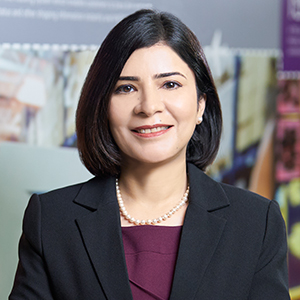

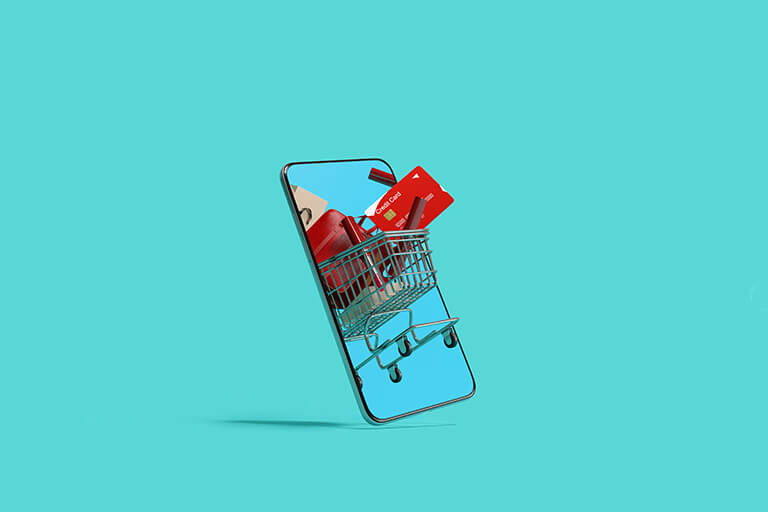
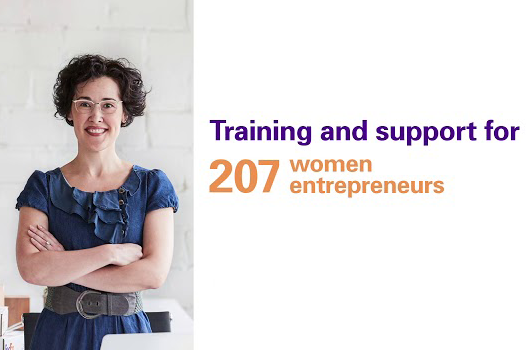

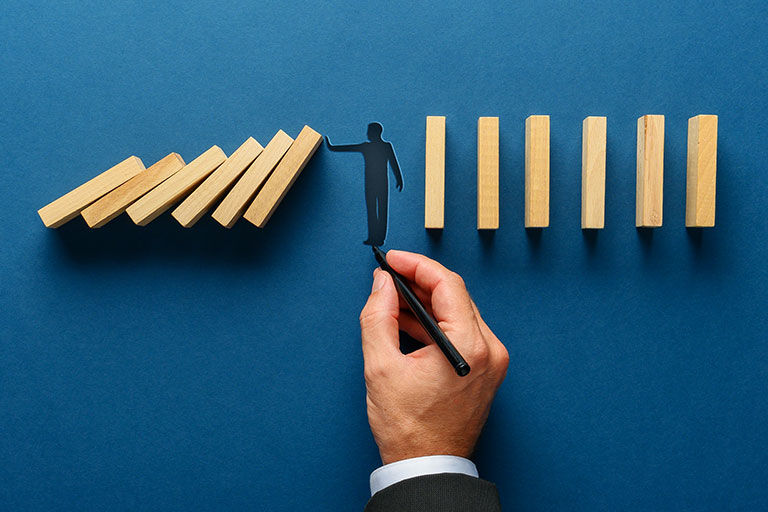
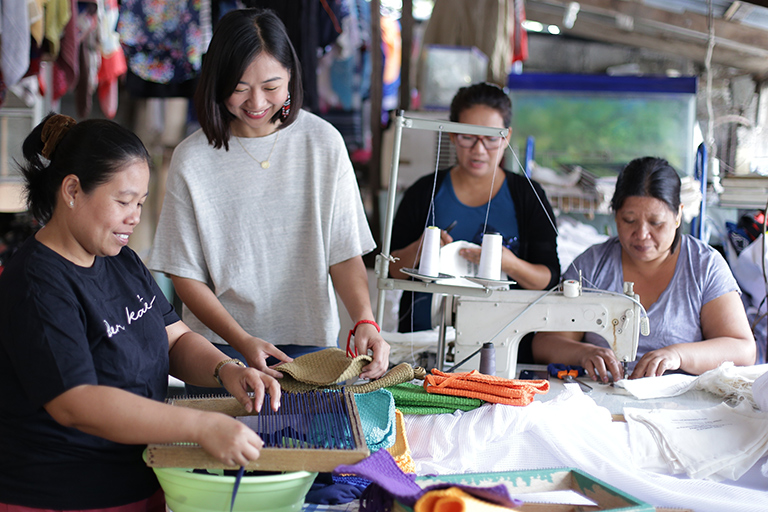






 The Latest
The Latest